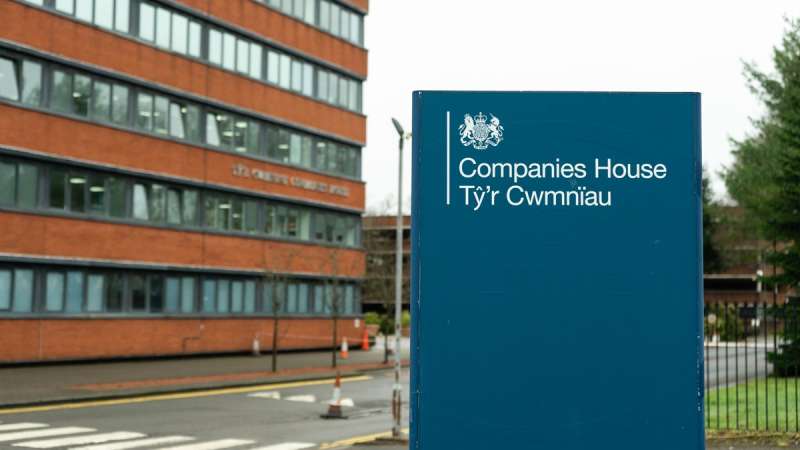What is a demerger?
A demerger is a separation of different business activities carried on by a company or group into separate companies or groups, which are then (usually) owned by the same shareholders.
Reasons to carry out a demerger
Companies and groups demerge for various reasons, but an increase in shareholder value will usually be the intended aim. Reasons to demerge include:
- Dividing a company or group between shareholders in dispute;
- Separating successful businesses from struggling businesses;
- Releasing the full value of underlying businesses;
- Separating businesses between different business sectors;
- Freeing one business from the regulatory or financial requirements imposed due to another business;
- Inability to sell a business (which can be demerged instead); and
- Dividing a jointly owned group.
Types of Demerger
There are several methods of effecting a demerger, each one having its own advantages and disadvantages. The method chosen will usually be influenced by tax considerations and by the availability of distributable profits in the company.
We can provide assistance in choosing the correct structure of the demerger. The main ways of structuring a demerger are set out below:
Direct dividend
The parent company declares a dividend in specie (i.e. a distribution of assets rather than cash) of the shares of the subsidiary to be demerged, as a result of which ownership transfers from the parent company to its shareholders. This is not usually used to demerge a business as it constitutes an income distribution attracting income tax treatment.
Indirect or three-cornered dividend
The parent company declares a dividend in specie of the shares of the subsidiary (or of the assets of a business) to be demerged to a newco (or existing third-party company), and the newco/third party subsequently issues shares to the parent company’s shareholders.
If structured correctly, a three-cornered dividend can qualify as a scheme of reconstruction, which may offer substantial tax relief advantages over a direct dividend structure.
Indirect or three-cornered reduction of capital
The parent company carries out a reduction of share capital which is satisfied by the transfer of the business to be demerged to either the parent’s shareholders or a newco which then issues shares to the parent’s shareholders.
This can be used where a company does not have sufficient distributable profits to declare a dividend in specie or does not want to reduce its distributable reserves.
Scheme of arrangement
A court approved procedure under Part 26 of the Companies Act 2006 which is carried out with shareholder consent and (frequently) creditor approval to make a compromise or arrangement with the members or creditors of the parent company.
This is often used in combination with the direct dividend, three-cornered dividend, three-cornered reduction of capital and/or a liquidation scheme.
Liquidation scheme
The parent company is liquidated under section 110 of the Insolvency Act 1986 and its assets are transferred to two (or more) newcos.
The liquidator accepts the shares in the newcos as consideration for the transfer of the assets to the newcos and then distributes the shares to the parent’s shareholders pursuant to the parent’s winding-up.

How We Can Help with Your Demerger
Our expert Corporate team is here to guide you through every step of the demerger process. With substantial experience in advising businesses and groups of all sizes, we provide tailored advice to ensure your demerger aligns with your strategic objectives, while being efficient and compliant with relevant laws and regulations.
- Understanding Your Needs - Every business is unique, so we start by understanding your objectives to recommend the most suitable demerger structure.
- Exploring Suitable Demerger Structure - We’ll explain the various demerger methods available.
- Tax Efficiency - We work closely with tax advisors to structure your demerger in the most tax-efficient manner, ensuring compliance with all applicable regulations.
- Legal Expertise and Drafting - We prepare all necessary legal documentation, including shareholder agreements, court applications, and any required filings with Companies House.
- Navigating Challenges - Whether dealing with shareholder disputes, regulatory hurdles, or financial considerations, our team proactively identifies and addresses potential challenges.
- Ongoing Support - As a full-service law firm we offer ongoing support to ensure your new business structures are operating effectively and in line with your goals.
Our Experience with Demergers
Our experienced corporate solicitors have dealt with a wide variety of circumstances including mergers and demergers. We understand that every circumstance is different so we do not employ a 'one-size-fits-all' approach.
We work closely with our clients to understand their unique situation and provide accurate legal advice to find the best solution.
- We have recently acted for a Newco registered care provider in relation to a demerger of a registered care home. This involved a detailed understanding of the tax implications/requirements of a demerger effected by a distribution in specie followed by a buy-back of shares.
- We recently advised a television production company in connection with the corporate reorganisation of its corporate group via way of a demerger, the purpose of which was to separate a particular production from the other trades undertaken by the corporate group. The reorganisation was completed in various steps based upon a corporate structure produced by the client's tax adviser who had obtained Capital Gains Tax and Income Tax clearances from HMRC. The reorganisation involved the transfer of assets by way of an asset sale between the parent company (Parent) and its wholly subsidiary (Subsidiary), a share for share exchange in which a new holding company (Holdco) acquired the share capital of Parent, the transfer of the shareholding of Subsidiary via a dividend in specie, a share capital reduction of Holdco and the subsequent transfer of the share capital of Subsidiary to a new holding company in consideration of the share capital reduction to create two distinct corporate groups.
Why Work With Our Corporate Lawyers?
- We have been ranked as a Top Tier law firm by the Legal 500 for the last seven years.
- You will receive city-quality corporate law advice at regional prices.
- Price transparency - we provide our clients with an estimate at the outset of any piece of work with ongoing updates throughout the matter.
- Our 5 Corporate Partner led service ensures you receive the very best legal advice and commercially minded support.
- We have a large team with experience across a diverse variety of sectors, focused on achieving your objectives and hitting your deadlines.
- We are a full-service law firm operating from a one-site office, which means our teams communicate effectively and efficiently and our Corporate Lawyers can draw on support from other specialist lawyers such as property and employment lawyers.
- Our Corporate Solicitors use the latest technology to ensure that we are working as efficiently as possible and that geographical distance is no bar to us from providing you excellent client service.
- We were the winners of ‘Corporate Team of the Year 2021’ at the Manchester Legal Awards.
- Take a look at the Myerson Promise for further benefits of working with us here.
Testimonials
Meet Our Corporate Solicitors
Home-grown or recruited from national, regional or City firms. Our corporate solicitors are experts in their fields and respected by their peers.
Contact Our Experts
You can contact our lawyers below if you have any more questions or want more information:





